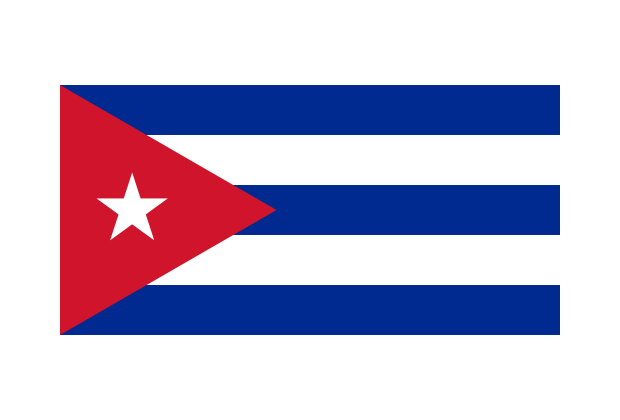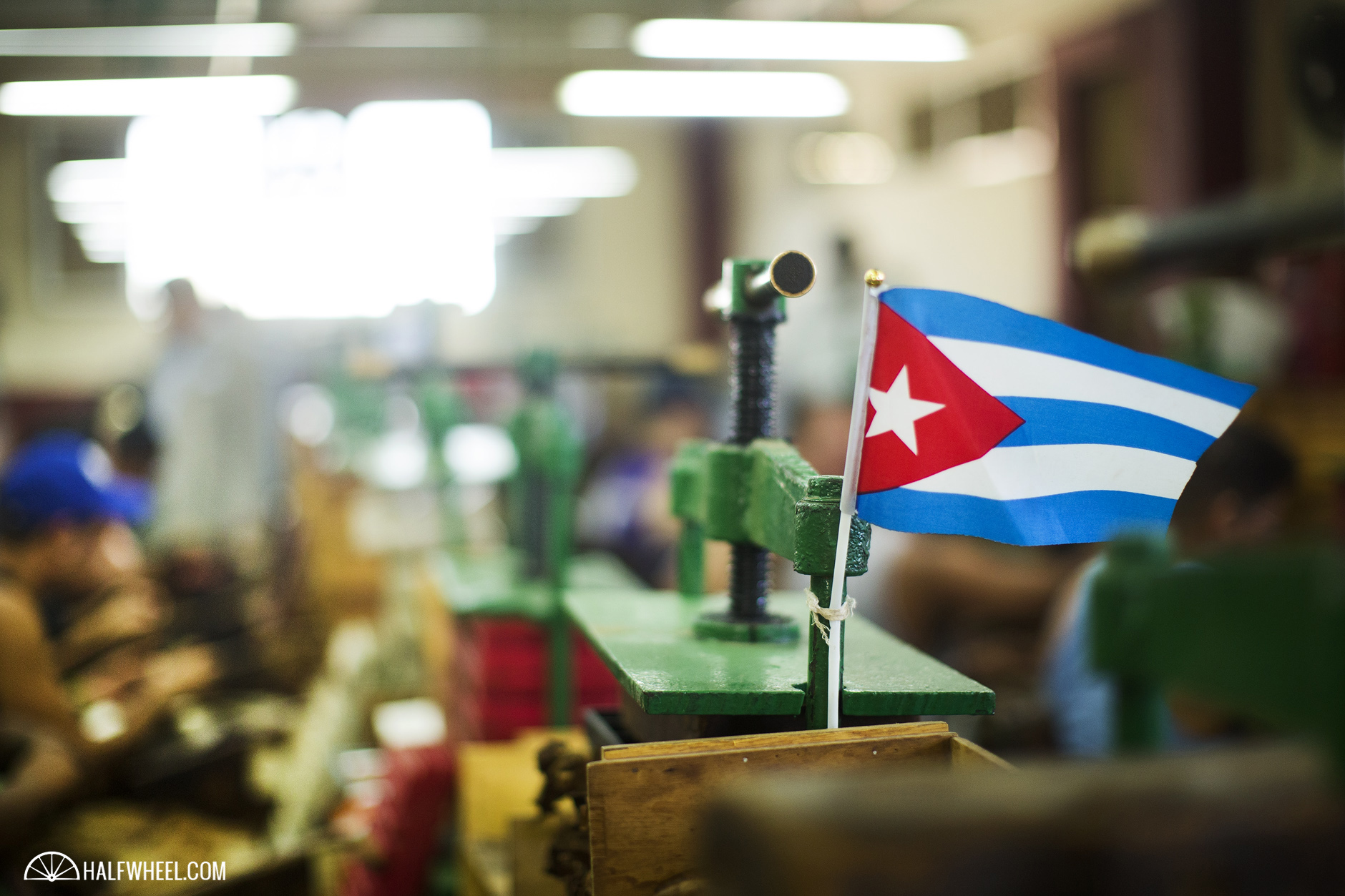More so than any other year, the phrase “climate change” is becoming a consistent theme in the cigar industry. Heavy rains late last year in Nicaragua delayed the initial planting while the Dominican Republic has experienced a drier season.
In Cuba, it seems to be worse.
El Niño produced a severe drought in Cuba last year and has pummeled the country with rain over the last couple months, including rainfall exceeding 113 percent of the historical average in January. Farmers told Reuters that some have been forced to replant and described the situation as a “disaster.”
Typically, this time of the year is relatively dry, which is helpful for the tobacco plants as it means the leaves can avoid damage from wind and stains from excessive water.
Continuing rain, which is expected, will continue to make the situation worse. It won’t be until spring, once the harvest is completed, before the damage can truly be assessed. A few months after that Cuba will likely announce the results.
Cuba’s last few crops have been problematic to say the least.
The 2015 crop was hailed as “the beginning of the tobacco recovery,” an acknowledgement of issues like drought and rain that have plagued the island for the last few years. In 2014, as much as 12 percent of the farms in Pinar del Río were completely lost or seriously damaged due to late rain.
The effects of the poor harvests have already been evident in the supply chain, particularly as a shortage of wrapper plagues some of the portfolio’s higher-end lines. Numerous distributors have told halfwheel that cigars like the Cohiba BHK have been unavailable for most of the last year.
What remains to be seen now is how Cuba handles another bad crop. Unlike other countries and companies, Cuba doesn’t have a large stockpile of tobacco in inventory. Most large non-Cuban factories could likely spread a single bad harvest out over the course of a few years of cigar production by dipping into other inventory, both young and old. Another obvious option would be to purchase tobacco from other growers to offset the shortage. Cuba cannot enjoy that luxury.
The importance of cigars as an export product for the country’s economy mean that Cuba needs to sell cigars in order to fund, part of, its economy. Whatever is harvested needs to be rolled and oftentimes, very quickly.
A representative from Habanos S.A. did not return request for comment.



